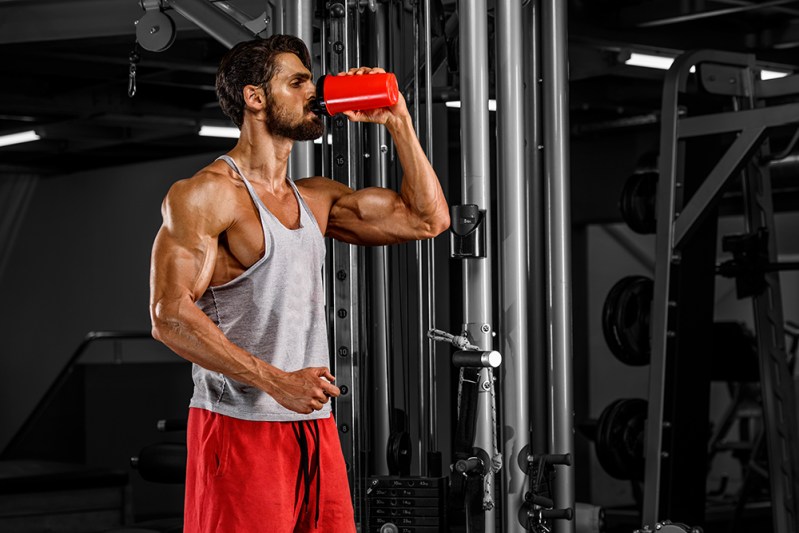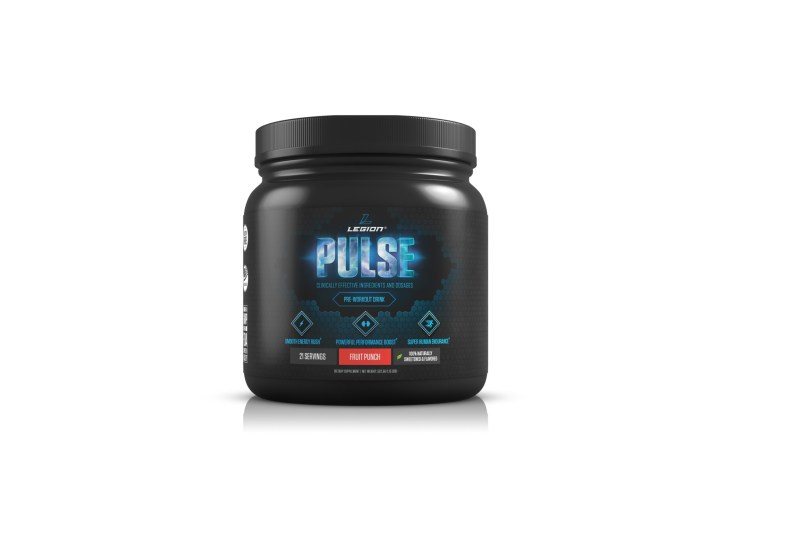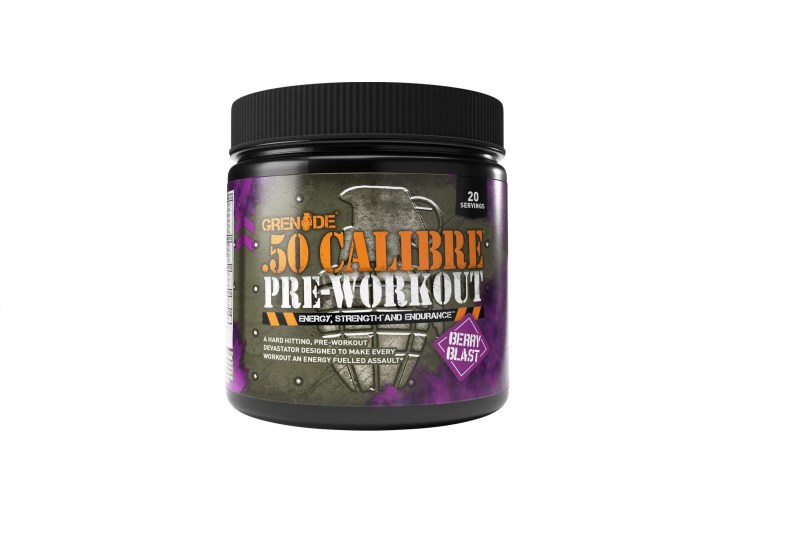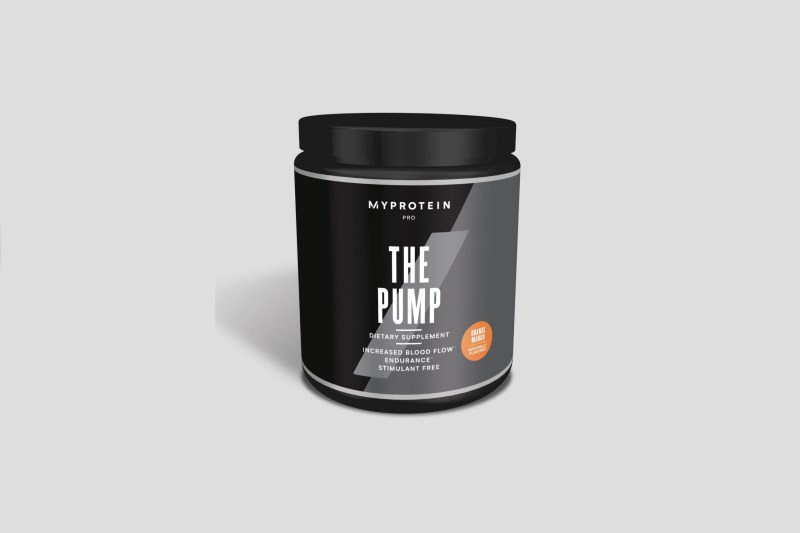
If you frequent a gym or know gym buffs, you have probably heard of or have even tried using a pre-workout supplement.
“Pre-workout” is any type of supplement that is meant to be taken before your workout. These usually come in the form of a liquid droplet or powder that’s added to water before you workout. These supplements usually contain varying levels of caffeine, amino acids (BCAAs, taurine, creatine, etc…), nitric oxide agents, sugar, B-vitamins, herbs like guarana, electrolytes, or variations of these ingredients.
While these supplements are marketed to enhance your workout performance, the jury is still out on whether they actually have pre-workout benefits.
A recent review in the Journal of the International Society of Sports Nutrition found that based on FDA labeling laws for pre-workout supplements, labels can be misleading. Since products are only legally required to list ingredients in descending order by weight, this doesn’t always mean that a formula contains enough effective ingredients. “One ingredient listed at the beginning of a proprietary blend may be over-represented in the blend, while other ingredients may be included at quantities far below the threshold of efficacy,” the study says.
However, there is research suggesting that pre-workout supplement ingredients are more effective when combined, rather than separate. A combo of ingredients like caffeine, B-vitamins, amino acids, creatine, and beat-alanine have shown to be effective. But it’s hard to determine how much of each ingredient is needed, since most pre-workout companies’ formulas are proprietary, which means they don’t have to disclose them.
Do You Need To Take Pre-Workout Supplements?

One pre-workout supplement skeptic is former NFL player Carlos Bradley, who doesn’t recommend it to his clients.
“I try to get my clients to focus on their overall nutrition and rest, as well as proper macronutrient balance of protein, fats, and carbohydrates,” Bradley, now a certified-personal trainer by the National Academy of Sports Medicine, tells The Manual. Bradley recommends avoiding supplements that contain a lot of sugar and caffeine that could cause you to crash if you’re not used to consuming these nutrients.
Bradley is not the only exercise professional that recommends whole foods and a balanced diet over pre-workout supplements. An article published in the Cleveland Clinic quotes sports dietitian, Kate Patton, “Many of the safe, natural ingredients typically found in pre-workouts can be obtained through eating real food instead.” The article states that some whole foods that contain the same ingredients as pre-workout supplements are coffee, sandwiches with lean protein, turkey, yogurt, cheese, and eggs.
If you’re set on taking a pre-workout supplement, Bradley recommends looking for one that’s low in calories, and contain small amounts of caffeine or guarana (a plant-based stimulant), vitamin B6 and B12.
If you are still considering taking a pre-workout supplement, here is what do you need to know about common ingredients of pre-workout supplements:
Common Ingredients of Pre-Workout Supplements
- Caffeine: According to research, caffeine may be the primary ingredient responsible for many of the immediate effects of taking a pre-workout supplement. Caffeine improves cognition, endurance, power, and performance during resistance exercise. The appropriate dosage is between 3 mg/kg of bodyweight and 6 mg/kg of bodyweight. If you weigh 150 lbs, this is between 200 mg caffeine and 400 mg caffeine. If you weigh 200 lbs, this is between 272 mg caffeine and 545 mg caffeine. Although there is research backing up this recommendation, keep in mind that the average cup of coffee only contains around 95 mg caffeine per cup, so if you are not used to this level of caffeine, this may feel like a lot of caffeine to you.
- Guarana: Guarana is sometimes used in place of or in addition to caffeine in pre-workout supplements. Guarana contains stimulants such as caffeine, theophylline, and theobromine. Guarana also contains antioxidants like tannins, saponins, and catechins. Like pre-workout supplements that contain caffeine alone, pre-workout supplements containing guarana can reduce fatigue. Guarana supplement doses should be between 50 mg to 75 mg.
- Amino acids: Common amino acids found in pre-workout supplements are BCAAs (branched chain amino acids) and taurine.
- BCAAs: Branched chain amino acids are a category that encompasses three of the twenty amino acids that we generally refer to when we talk about protein and amino acids; specifically leucine, isoleucine, and valine. These are usually included in pre-workout supplements with the intention of boosting rates of muscle protein synthesis, to reduce protein breakdown, and reduce muscle damage during workouts. BCAAs do not appear to significantly enhance exercise performance or to stimulate muscle protein synthesis, according to recent research. In general, BCAAs are part of a balanced diet when eaten from protein-rich foods, which we generally know are beneficial for muscle recovery when consumed after a workout.
- Taurine: Taurine is an amino sulfonic acid, different from an amino acid. It is naturally made in the body from other amino acids, and is naturally found in animal proteins. There is research that shows that taurine enhances endurance and decreases lactate accumulation, which means less muscle fatigue.
- L-arginine: L-arganine is an amino acid that is only considered to be “essential” under certain circumstances and physiological stress. Essential amino acids are the amino acids that people need to consume in their diets to survive. L-arganine is said to promote nitric oxide production to increase blood flow, but there is limited scientific evidence for this.
- L-citrulline: L-citrulline is a non-essential amino acid that is converted to L-arginine. L-citrulline has been shown to increase vasodilation and improve exercise performance when consumed in doses of 6-8 grams per day regularly (not only for acute periods of time through pre-workout supplements).
- Creatine: Creatine is a naturally occurring amino acid found in animal protein sources. Creatine has been shown to improve high-intensity exercise performance.
- Beta-alanine: Beta-alanine is a non-essential amino acid. When taken daily for at least 2 weeks, it can improve high-intensity exercise performance.
- Nitrate: Nitrate can be found naturally in the diet through beet juice and sodium nitrate. When nitrates are consumed in doses of 300 milligrams or higher, endurance and performance are enhanced, according to research.
- Betaine: Betaine (trimethylglycine) is a naturally occurring derivative of the amino acid glycine. Betaine is thought to improve exercise performance by increasing rates of creatine synthesis, elevating levels of blood nitric oxide, and promoting fluid and thermal homeostasis (aka your body’s equilibrium).
- B-vitamins: The B-vitamins are: thiamin (vitamin B1), riboflavin (vitamin B2), niacin (vitamin B3), panthothenic acid, vitamin B6, biotin (vitamin B7), folate and folic acid, vitamin B12. In general, B-vitamins are essential for optimal physiological and neurological functioning, which means they may be useful for exercise performance and have been proven effective in conjunction with other nutrients. The timing of B-vitamin intake for optimal exercise performance (before a workout, after a workout, or consistently every day) is unclear.
- Vitamin B6: Research shows that exercise may increase requirements for vitamin B6, thus possibly meriting use of Vitamin B6 in a pre-workout supplement.
- Electrolytes: Minerals and electrolytes like potassium, magnesium, calcium, sodium, phosphate, and chloride are important to staying hydrated during your workout, in addition to water. Many of the “good” pre-workout supplements also contain electrolytes.
- Sugars and sugar alcohols: Taking in a moderate amount of sugar and carbohydrate before a workout is okay (15 grams of each). Generally, pre-workout snacks that have low-glycemic indexes are safe. Low-glycemic index foods are any foods that contain carbohydrates, but not necessarily a lot of sugar (like white bread or rice cakes). Anything more than 15 grams of sugar may cause intestinal discomfort. Sugar alcohols may also cause intestinal discomfort during workouts.
- Riboflavin: Research shows that exercise may increase requirements for riboflavin thus possibly meriting use of riboflavin in a pre-workout supplement.
To break these ingredients down even further, the ideal pre-workout supplement should contain: small amounts of caffeine (100 milligrams to 200 milligrams) or guarana (50 milligrams to 75 milligrams), taurine, L-citrulline (6 grams to 8 grams), creatine (2 grams to 5 grams), nitrate (300 milligrams), beta-alanine, small to moderate doses of B-vitamins, and electrolytes.
Avoid supplements that contain: proprietary blends where the ingredient amounts are not listed, high levels of caffeine (more than 400 milligrams), too much sugar (more than 15 grams), sugar alcohol (any), artificial sweeteners (any).
All of the ingredients we mention in this article can also be used for hydration during your workout. Keep in mind that depending on what your workout is (HIIT, weightlifting, long distance running, etc.), actual pre-workout and post-workout nutrition recommendations may vary. As a rule of thumb for pre-workout nutrition, it should include simple carbohydrates, and small amounts of proteins, if any, to help keep your energy consistent through the workout. Also, make sure to avoid foods that can take longer to digest, like fiber and fats. Pre-workout supplements tend to be rich in protein (since most of the ingredients are amino acids). If you are someone who can’t workout after eating, pre-workout supplements may not be for you. Always remember to consult with a dietitian if you need personalized nutrition advice.
That said, here is our top 3 pre-workout supplements for recreational athletes:
The Best Pre-Workout Supplements
Legion Pulse

Legion Pulse is one of the simplest and cleanest multi-ingredient pre-workout supplements on the market. This supplement keeps it simple. It contains the electrolytes (calcium, sodium, potassium) that we need during and after a workout for hydration, as well as our favorite pre-workout ingredients: L-citrulline, beta-alanine, and betaine. This product is high in caffeine, so if you are sensitive to caffeine this may not be for you. Ingredients that we have not mentioned yet in this article are L-theanine. This is probably included in this article because in combination with caffeine, L-theanine has been shown to increase alertness. Alpha glycerylphosphorylcholine (alpha-GPC) is another ingredient in Legion Pulse that we haven’t mentioned in the above. There is some evidence supporting the claim that alpha-GPC can improve explosiveness during workouts. This product contains artificial sweeteners: Erythritol, Oligosaccha, and Stevia.
50 Calibre Pre-Workout

This supplement makes our list because it contains the touted beneficial amino acids: beta-alanine, creatine, L-citrulline, and taurine. It has moderate amounts caffeine from cacao, isolated caffeine, and green tea. The electrolytes potassium bicarbonate and sodium bicarbonate may be beneficial for hydration during one’s workout. There are small amounts of branched chain amino acids in this supplement, but not enough to have a negative impact. Ingredients that we did not previously name in this article are L-Tyrosine, glycerol, and glucuronolactone. L-tyrosine is an amino acid that is naturally produced by the human body (so not essential to include in your diet). Studies show that L-tyrosine can combat stress. Glycerol is a component of fatty acids. There is evidence to show that supplementation with glycerol can aid in exercise performance, but if you are someone that is watching your fat intake or that likes to keep your pre-workout nutrition low calorie, this supplement may not be for you. Glucuronolactone is thought to increase attention and improve athletic performance but there is not much scientific evidence to back up these claims.
Myprotein Pro The Pump

This supplement contains many of our recommended nutrients: L-Citrulline, Beta Alanine, Betaine, Taurine, B-Vitamins (Vitamin B12, Niacin, Thiamine), and electrolytes. It also contains Vitamin C as an anti-inflammatory agent and as a perk and grape seed extract that has anti-inflammatory properties and several other health benefits. But don’t take this supplement if you have high blood pressure as Vitamin C and grape seed extract taken together are bad for high blood pressure. The other downside to this supplement is that it does contain artificial sweeteners, but is fine if you don’t mind some non-sugar sweeteners.
How to Make Your Own Pre-Workout Supplement
If you want an extra clean pre-workout supplement, there isn’t much on the market, so we recommend making your own! The following powders are isolates and can be combined to create your perfect pre-workout supplement.
Creatine Powder
Beta Alanine Powder
L-citrulline powder
Nuun Sport Electrolyte Powder
Organic Beet Root Powder
Guarana



